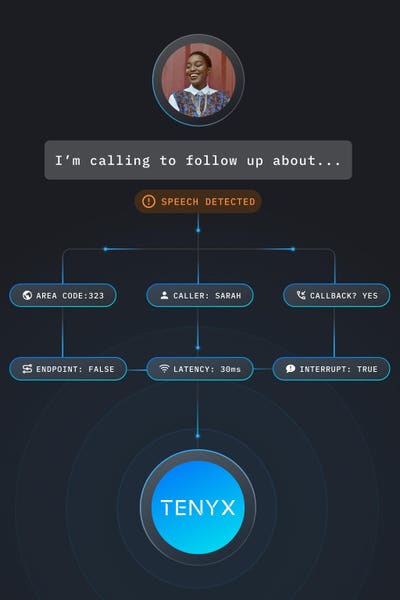Bobby Reddy Jr. wandered through a hospital while establishing his start-up, observing the initial stage of patient care starting with a diagnosis and following a specific protocol. As an electrical engineer, he believed there was a more effective approach: developing an artificial intelligence tool to personalize treatment.
Recently, the Food and Drug Administration has approved a test created by Reddy’s Chicago-based company, Prenosis, to forecast the likelihood of sepsis—a complex condition that contributes to a minimum of 350,000 fatalities annually in the United States. This marks the first FDA-approved algorithmic AI-driven diagnostic tool for sepsis, as announced by the company on Wednesday.
Reddy, the CEO of the company, expressed in an interview, “In hospitals and emergency departments, we are still relying on one-size-fits-all, when instead we should be treating each person based on their individual biology.”
Sepsis arises when a patient’s immune system combats an infection but inadvertently attacks the body’s organs. Managing sepsis is a key focus for federal health agencies such as the Centers for Disease Control and Prevention and the Centers for Medicare and Medicaid Services.
To develop its test, Prenosis collected over 100,000 blood samples along with clinical data from hospital patients, training its algorithm to identify the health indicators most linked to sepsis development. The company streamlined its test to 22 parameters, encompassing blood-based metrics and vital signs like temperature and heart rate. The diagnostic tool now generates an overview categorizing a patient’s sepsis risk into four levels, ranging from low to very high.
While Prenosis is the pioneer in obtaining FDA clearance for such a test, other firms, including Epic Systems, have already introduced AI-powered diagnostics for sepsis. Epic, renowned for its electronic health records management software, has faced inquiries regarding the precision of its sepsis prediction algorithm.
Epic did not respond immediately to a request for comment on Wednesday.
Reddy mentioned that Prenosis developed its technology without a specific problem in mind initially. An Illinois hospital provided him with workspace and access, enabling him to explore the hospital and witness staff interactions with patients. “What I observed repeatedly is that they operate based on protocols,” he remarked. Subsequently, he stumbled upon a study on sepsis that shed light on the significant number of fatalities attributed to it. “This is what we are going to focus on,” he affirmed.
According to the CDC, at least 1.7 million adults contract sepsis annually, with a minimum of 350,000 succumbing to it during hospitalization or transitioning to hospice care. Approximately one-third of hospital deaths involve sepsis, prompting federal agencies to incentivize facilities that are actively reducing the incidence of this condition.
Individuals at a heightened risk of sepsis include adults aged 65 and above, individuals with compromised immune systems, and those recovering from a recent severe illness or hospital stay.
The introduction of this new test coincides with hospitals navigating the future of medical practices and the optimal integration of artificial intelligence. While AI tools have shown promise, there is apprehension among frontline workers regarding potential inaccuracies or concerns about staff replacement.










